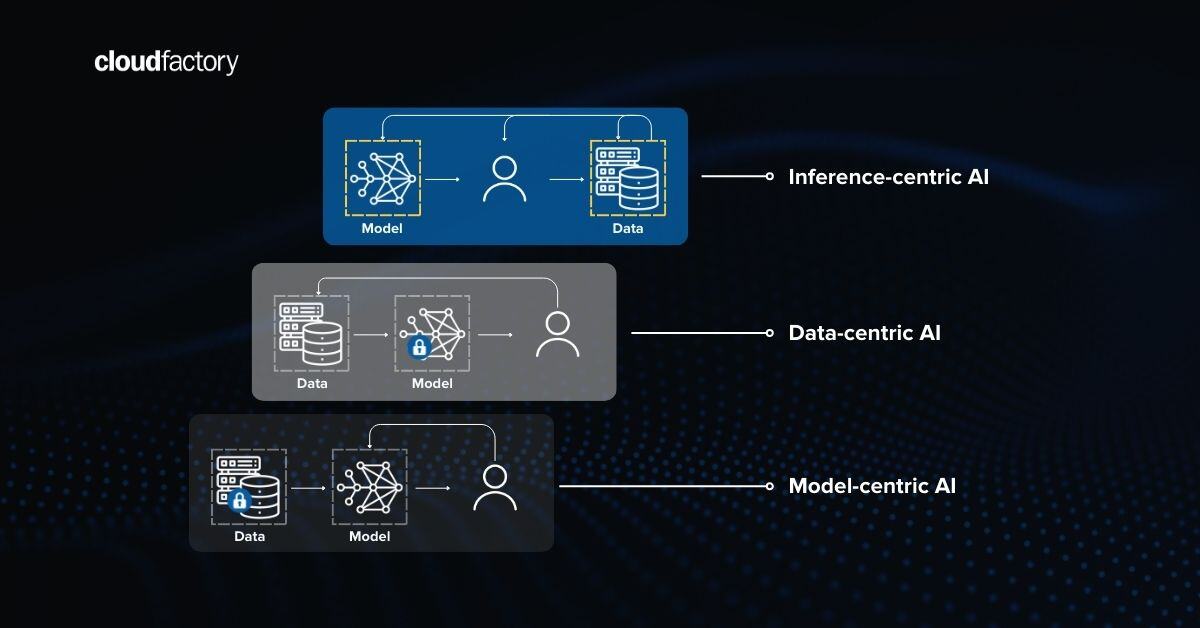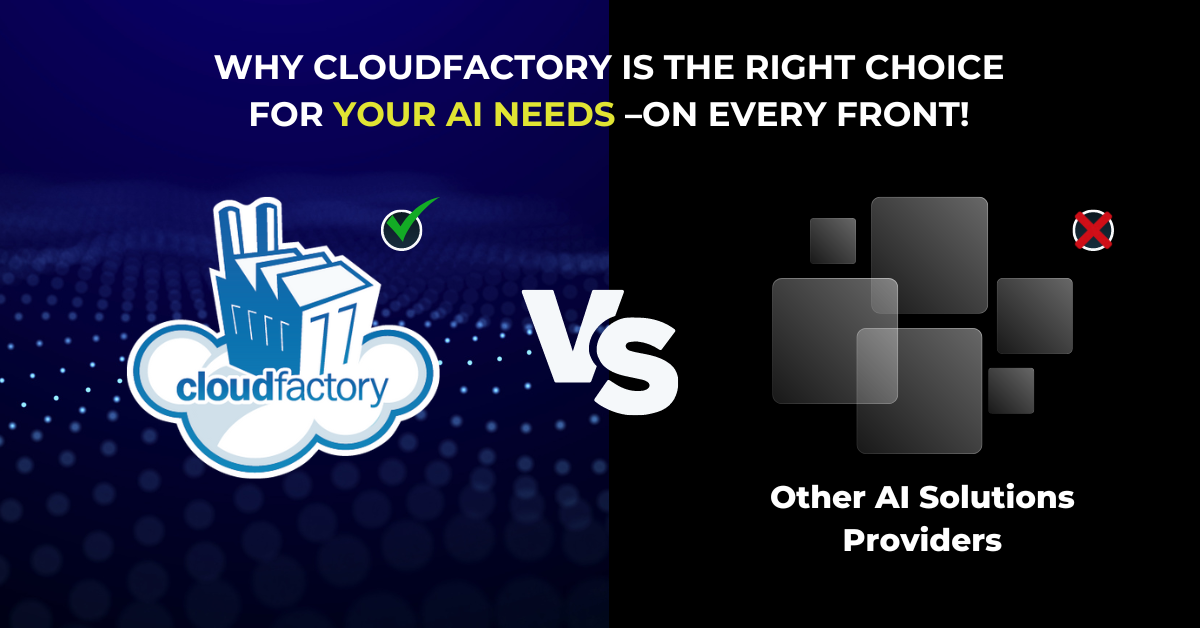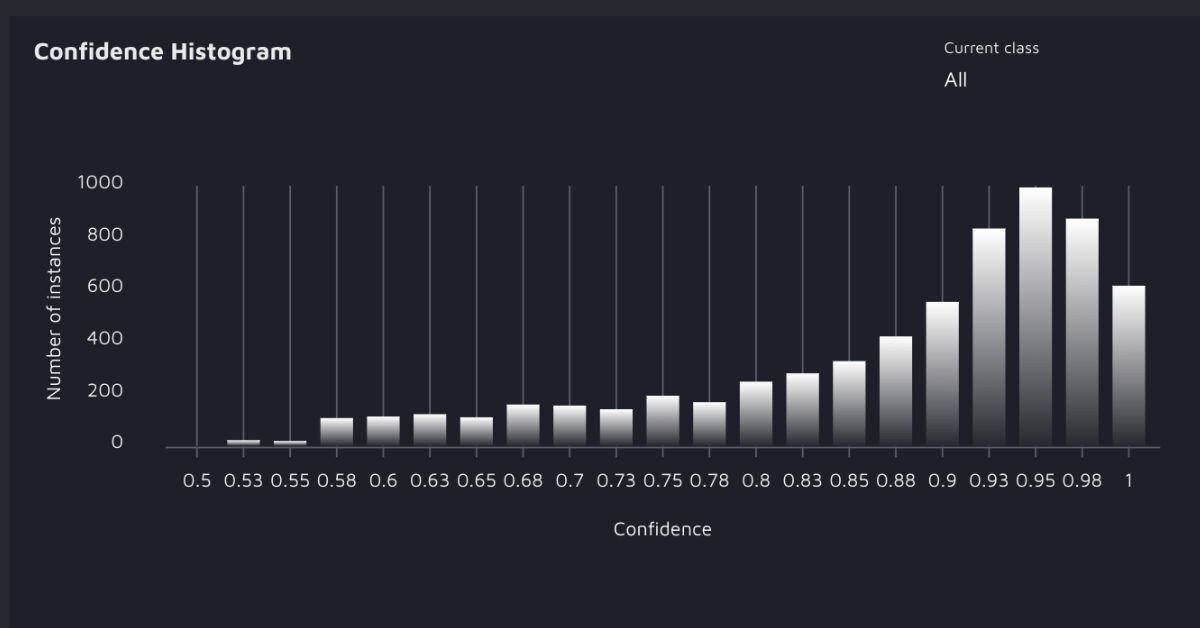When it comes to AI and machine learning (ML) data is king: it’s the foundational piece that fuels algorithm training and the resulting real-world models. This is particularly critical when dealing with scarce datasets, where the quality of every piece of data can impact the performance of the developed models in production.
But what happens when there's a limited amount of data?
Understanding scarce datasets
Scarce datasets are data collections that are limited in volume or variety but are required for specialized applications, such as wildlife conservation and medical diagnostics for rare diseases.
These datasets are often difficult to augment due to the rarity of occurrences, high costs of data collection, or even privacy issues.
In such cases, the importance of accurately labeling this data cannot be overstated.
Low-quality labeling drives low-performing models
Low-quality labeling impairs the performance and reliability of ML models. Inaccurate annotations can trick AI models into learning from mistakes as if they were real patterns. This leads to poor performance on new data, where the model can't distinguish truth from the errors it learned earlier. Inaccuracies in labels can also introduce or amplify bias within the model, potentially leading to unfair or ethically problematic outcomes when deployed in real-world scenarios.
Data unlocks breakthroughs in rare disease diagnostics
Scarce datasets are a common challenge in medical diagnostics for rare diseases. Consider an AI-driven project aimed at diagnosing a rare genetic disorder that affects only a few thousand people worldwide. Collecting enough data for such a condition is difficult due to the low prevalence of the disease, the geographic dispersion of patients, and the varying stages at which the disease presents itself.
Researchers might only have access to a limited number of medical images, genetic profiles, and patient histories to train their diagnostic algorithms. This scarcity of data demands exceptionally accurate labeling to ensure the AI model can learn effectively from each rare case and make reliable diagnostic predictions without being skewed by common diseases or conditions.

Data helps whales stay safe
In wildlife conservation, protecting whales at sea is challenging for AI because there's not enough data to train models.. For example, a conservation group might develop an AI system using drones equipped with cameras to identify and track whale populations across vast ocean areas.
However, the data available for training such AI models is often limited due to the logistical challenges of tracking these migratory animals across remote parts of the ocean, and the high costs associated with conducting frequent aerial or ship-based surveys.
Also, differentiating between whale species from aerial images can be complicated by factors like varying oceanic lighting conditions and partial visibility of the whales. This scarcity and variability in data require high-quality labeling to ensure the AI can accurately identify and monitor these majestic creatures without confusing them with other marine life or misinterpreting natural ocean features.
Real-world scenario: Charles River Analytics was unsure how to effectively train AI for real-world whale detection due to data scarcity. They overcame this by selecting Accelerated Annotation to achieve highly accurate data labeling, paving the way for safe unmanned vessel navigation.

Accelerated Annotation masters high-quality labeling
The accuracy and quality of data labeling of scarce datasets is vital, and Accelerated Annotation nails this process. Investing in a trusted partner with a high-quality data labeling platform, fine-tuned processes, and an expert pool of talent is necessary for leveraging the full potential of AI in specialized applications that require the use of scarce datasets.
Our strategic focus helps companies develop and deploy more robust, effective, and fair AI systems across a spectrum of challenging and impactful domains.
-
Enhancing model accuracy:
High-quality data labels ensure that learning algorithms can truly understand and learn from the nuances present in the data. Accelerated Annotation utilizes a blend of cutting-edge technology and skilled human talent to provide precise labeling that drives training models to recognize patterns that are predictive and relevant to specific tasks, especially when data sets are not abundant. -
Reducing model bias:
With scarce datasets, there’s an increased risk of introducing bias due to overfitting on the limited data available. The careful and representative labeling provided by Accelerated Annotation helps mitigate this risk by ensuring that the models are exposed to a realistic variety of data scenarios, even within a small sample. -
Facilitating efficient use of data:
In cases where data is not plentiful, it’s important to maximize the use of each data set. CloudFactory’s high-quality labeling ensures that no data is wasted due to misinterpretation or errors in the training stage, which is particularly important in fields where data acquisition is costly or logistically challenging. -
Enabling advanced techniques:
High-quality labeled data is a prerequisite for employing advanced machine learning techniques like transfer learning and semi-supervised learning. These techniques can amplify the value of small datasets but require precise and accurate labels to function effectively, a standard that CloudFactory's solution readily meets.
Working with data scarcity shouldn't be scary
When it comes to ensuring that your scarce datasets are labeled with the utmost of care to drive high-performing models that delight customers, Accelerated Annotation is here to help. Here’s how:
-
Active learning:
Active learning techniques enhance annotation speed and accuracy, making the most out of every piece of data. This approach ensures that the most informative data points are used to train models, improving learning efficiency and model performance with fewer data inputs. -
AI-consensus scoring (AICS):
With AICS, Accelerated Annotation guarantees a 100% quality assurance process that's needed when dealing with limited datasets. AICS minimizes labeling errors, ensuring that every data point used to train the model is accurate and reliable. This is important when developing high-performing models in scenarios where every data instance is valuable. -
Adaptive AI assistants:
Adaptive AI assistants allow models to continuously learn and adapt even as data evolves or new data becomes available. This is crucial in scenarios where data is scarce AND may also change over time, such as in medical research or dynamic environmental conditions. -
Critical insights:
Accelerated Annotation provides critical insights through feedback loops on areas where AI models are struggling. This targeted feedback is vital for fine-tuning models, especially when working with scarce datasets, as it helps to identify and correct specific weaknesses in the model’s performance. -
Humans in the loop:
Integrating human expertise through a 'humans in the loop' approach ensures high-quality data labeling and Vision AI expertise. This is invaluable for tackling complex or niche tasks where automated systems may not capture the subtleties needed in sparse datasets, thereby leveraging human judgment to enhance the model's understanding and performance.
Overcoming data scarcity
Yes, it’s challenging to develop robust and high-performing AI models for the real world when the input data for ML models is limited. But, you can overcome these challenges by engaging a trusted partner that has the technology and talent to help.
Accelerated Annotation delivers the advanced capabilities needed to tackle the inherent challenges of data scarcity, enabling more effective and efficient AI solutions across various applications and industries.









